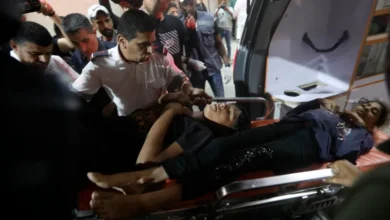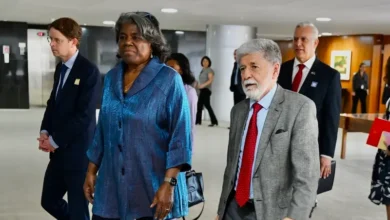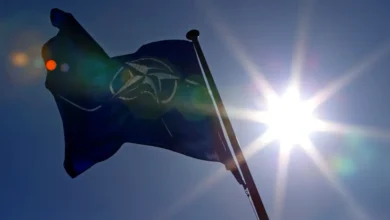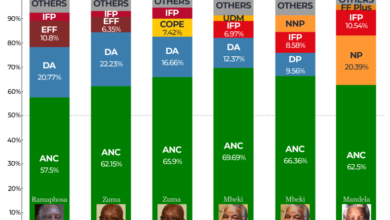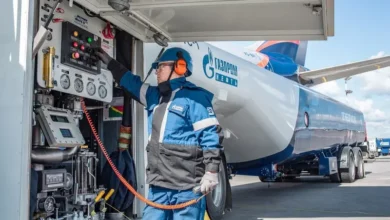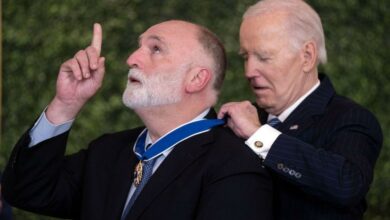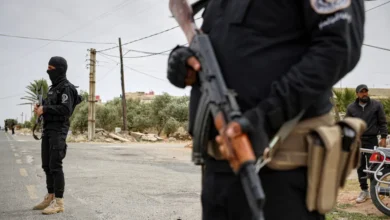Palestinians in Lebanon, refugees living in fear of Israeli air strikes
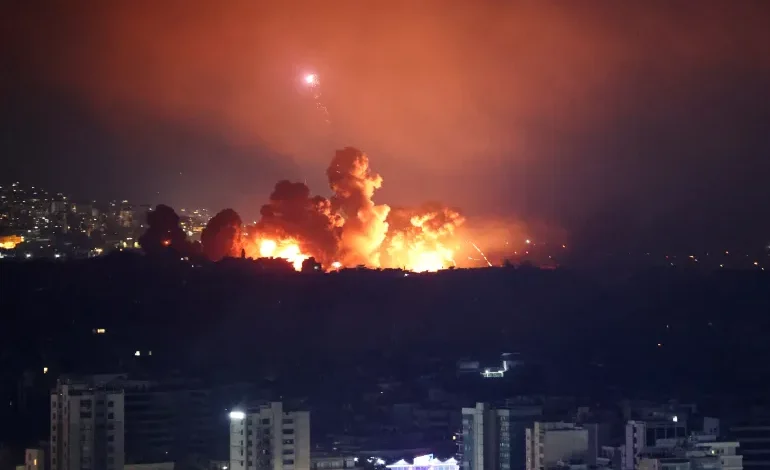
Israel waits until dusk to bomb Beirut.
The shockwaves from explosions, the buzzing of drones, and the rumble of warplanes terrify the population – including Palestinian refugees.
Most attacks have focused on Dahiyeh, a southern suburb of the capital, reducing the once-bustling area to rubble and killing many civilians.
Nearby areas have seen thousands flee to displacement centres dotted around the city out of fear of Israeli attacks.
Shatila, the Palestinian refugee camp where some 20,000 people normally live squeezed on a single square kilometre (0.3 sq miles), is no exception.
“There was a decision taken [from my daughter and wife] that they can’t keep living in the home under so much fear, so they decided to go to Syria,” said Majdi Adam, a 52-year-old Palestinian married to a Syrian woman.
“I didn’t leave because I’m used to living through wars … I feel very connected to Shatila and I’m more scared of leaving this place than being killed by the Israelis here,” he added.
“But many other people left because they fear that what is happening to Dahiyeh may happen to Shatila.”
A war on Palestinians?
Since Israel escalated its war on Lebanon in late September, it has triggered a humanitarian crisis and devastated cities and villages in south Lebanon, as well as Beirut’s southern suburbs, killing nearly 2,000 people and displacing more than a million.
The attacks haven’t spared Palestinian refugees, who mostly live in 12 camps across the country. These sites were built to host the hundreds of thousands of Palestinians who were ethnically cleansed from their homeland during the creation of Israel in 1948 – an event known as the Nakba, or the Catastrophe.
Over the last week, Israel has directly bombed Beddawi camp in the northern city of Tripoli, Ein el-Hilweh camp in the southern city of Sidon and el-Buss camp in the town of Tyre.
The attack on Beddawi killed a local Hamas commander, while the attack on Ein el-Hilweh failed to assassinate its intended target: Munir al-Maqdah, a Palestinian general with the Al-Aqsa Martyrs Brigade, a coalition of Palestinian armed groups.
Al-Maqdah survived the attack, but Israel killed his son and four other people.
Israel killed another Hamas commander with its strike on el-Buss, while later carrying out a separate operation on Kola, a bustling transport hub in central Beirut.
That strike killed three fighters from the Palestinian Front for the Liberation of Palestine, a Marxist armed group.
